Many political, scientific, feminist and human rights organizations have historically fought for the full legalization of abortion. In 2004, the National Women`s Meeting launched the National Campaign for the Right to Free, Safe and Legal, Abortion. One of the symbols used by the campaign was the green headscarf, which became widely used as a symbol within the feminist movement from 2018, leading to what the media called «the green tide». This movement was crucial for the passage of the law in 2020. [8] [9] [10] [11] In Latin America, one of the most restrictive regions in terms of reproductive rights, Argentina has become the third country to decriminalize and legalize abortion, after Cuba and Uruguay, also legalized in French Guiana, the Mexican states of Oaxaca, the state of Hidalgo, Veracruz and Mexico City. In South America, Guyana is the only non-Latin American country that recognizes the right to abortion. [1] [12] «No one else should have a clandestine abortion, ever again» Many Argentine state universities support the legalization of abortion. There are various organizations in Argentina that defend the pro-life position, which denies the existence of a right to abortion. His position on the right to abortion on demand was explained by Argentine rabbi and doctor of philosophy Fishel Szlajen[111] when he asserts, among other things,[112] that «the right to decide one`s own body» deliberately manipulates and conceals reality because it is not a physical matter of the subject towards himself.
but, above all, of two different human lives; the relationship between a person and his neighbor, where naturally and temporarily one is in the other. [113] In addition, they consider that the legalization of abortion is unconstitutional because it violates constitutional and other norms of international human rights law. [114] Rabbi Dr. Fishel Szlajen, an expert in bioethics, vice-president of the National Bioethics Committee and first rabbi,[115] appointed full member of the Pontifical Academy for Life of the Vatican,[116] has contributed extensively and through his book Jewish Philosophy and Abortion[117] and his academic reports and articles,[118] the considerations and resolutions of the Jewish legal framework, according to which abortion is prohibited on demand, And it is only in one case that an abortion is necessary, when the life of the embryo or fetus inexorably and inevitably threatens that of its mother, having to choose exclusively between one or the other. In case of anencephaly, irreversible degenerative pathologies (diagnosed as incurable), terminal, where the embryo or fetus will die infallibly, abortion is allowed with strict restrictions in time and form. The authorization of an abortion, provided that it is performed within a certain period, also applies to cases of rape in which the pregnant woman is exposed to a serious and specific psychophysical risk. [119] On June 25, 1976, barely three months after coming to power, the dictatorship issued Legislative Decree No. 21.338, which reinstated the penal restrictions on abortion established by General Onganía in former Legislative Decree No.
17.567. [24] In 2012, in the FAL case, a 15-year-old girl who had been raped by her stepfather, the Supreme Court ruled and established the interpretation of Article 86(2) of the Penal Code that abortion is not punishable in all cases of rape, regardless of the psychological situation of the raped woman or the pregnant person.

